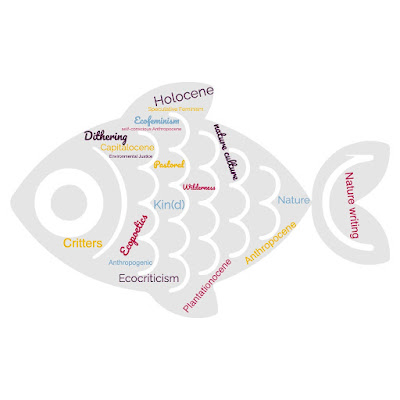For the class of November 24 - Eirin Moure, Sheep's Vigil by a Fervent Person (2001)
Answer to either of these questions.
1. Consider the following two quotations, and speculate on how either, or both, relate to Mouré's trans-e-lations of Alberto Caeiro / Fernando Pessoa, exemplifying with literary analysis from Sheep's Vigil.
"What we sometimes sense in the other side of the expected linguistic engineering of literary translating are imaginings of ‘source selves’ and recordings of translators as they write: we have perhaps an uneasy mix of the biographer and autobiographer in literary translation who are not merely replacing one language with another but cannot help trying to inhabit authorial subjectivities as they strive to internalize and preserve the textual selfhood that happened to be born in one linguistic environment, and metempsychose it in another. And there should be further complications if the psychology of translation envolves a simultaneous self-denial, in the willingness to be and write someone esse, and ,through its intepretative movements, also a cryptic writing of the self in what can serve as an autobiographical detour, a ventriloquism of self-expression through an owning of other textual selfhoods: a sense of self is affirmed even as imports of alterity keep revising it. (Nikolaou 2006:21)"
"What might happen if the multitudinous, utopian-democratic polymorphically-erotic Whitman poetic ‘self’ were re-constituted within the context of our post-colonial, post-humanist, globally inter-tangled and genderly profusiona lera? Could there be a new ‘song of ourselves’ that expands to include many more kinds of permeable relationality, including cross-species relationality? And what kind of language critique, experimentation and innovation would that require?” (E. Reilly, “Poetics” in Big EnergyPoets: Ecopoetry Thinks Climate Change, ed. Heidi Lynn Staples and Amy King. BlazeVOX, 2017, pp. 178-79)
2. In what ways may we consider Sheep's Vigil as revising Alberto Caeiro's staging of "the pastoral"? And/or how can we view it from the angle of an ecofeminist critique struggling with fluidity, liquidity, the bodies of water?

.jpeg)



Comments
Post a Comment